Musk: The unloved emperor of Twitter
Why did Twitter users vote for Elon Musk to step down as CEO?
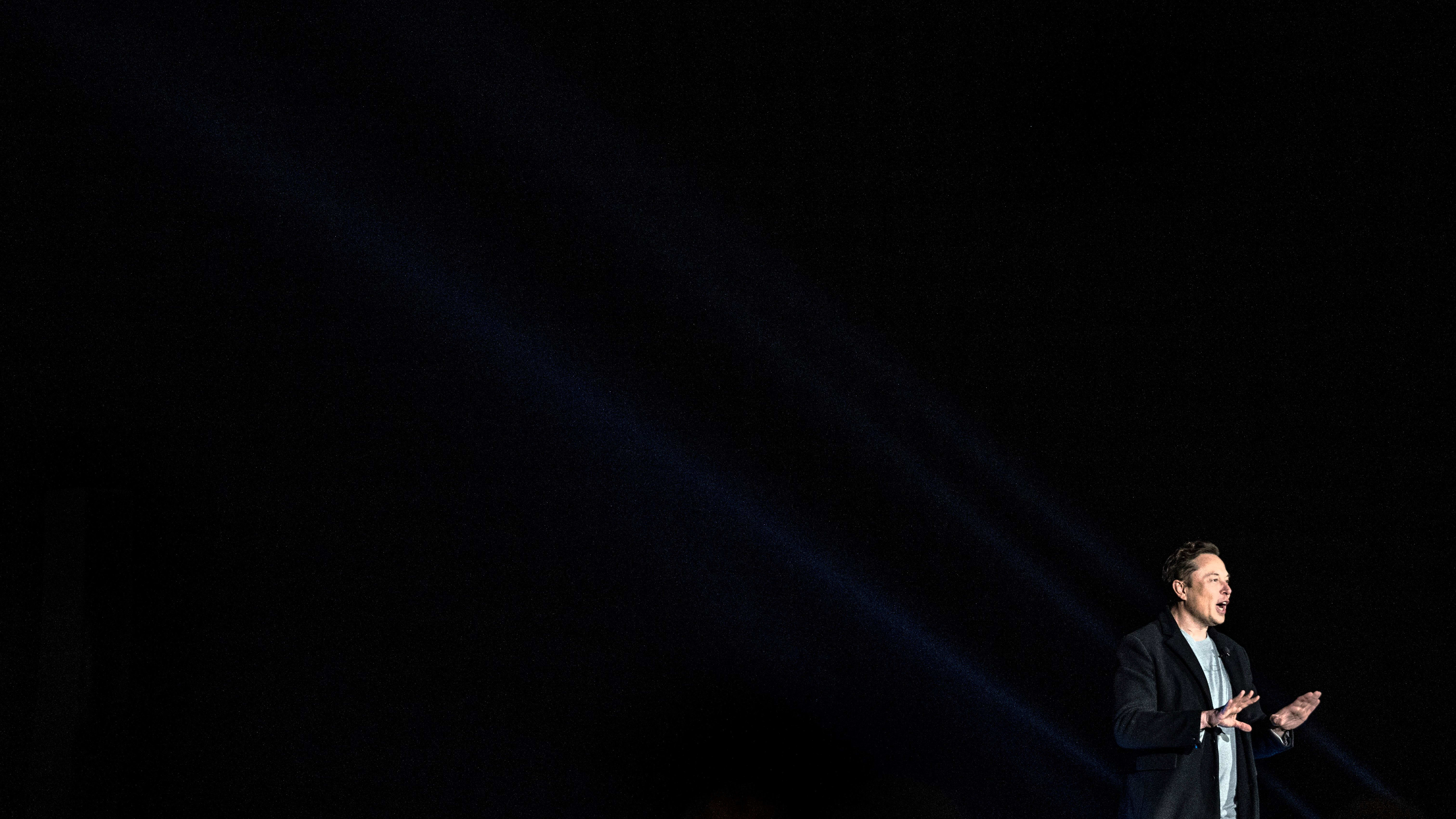
A free daily email with the biggest news stories of the day – and the best features from TheWeek.com
You are now subscribed
Your newsletter sign-up was successful
The smartest insight and analysis, from all perspectives, rounded up from around the web:
After spending $44 billion on Twitter, Elon Musk decided this week to ask Twitter's users whether he should keep running it, said Sarah Needleman in the Wall Street Journal — and with 17 million responses the answer was "no." Musk went largely quiet for 38 hours, and cast "doubt on the results," in which 58 percent of users said he should quit as CEO. But he finally said he would go, without setting a firm timeline, and warning that "finding someone to take the job would be hard." He might still be coming around on the details, but I think he got the verdict he secretly wanted, said Parmy Olson in Bloomberg. Days before the poll, he suspended an account that used flight data to track his private jet, claiming it was harassment. He banished several journalists who wrote about the suspension, to wide condemnation. Then he added a new category of bans: accounts promoting rival social media companies like Facebook and Mastodon. Musk believed he was bringing "free speech to Twitter, but his warped understanding of the concept along with his thin skin and volatile management style set him up for a rapid descent."
It makes zero difference if Musk steps down as CEO, said Jon Schwarz in The Intercept. He still owns Twitter; he's still in charge. And whoever replaces him "will face exactly the same problems" — that Twitter is a bad business made worse by Musk's actions. He has "terrified its advertisers," and with his subscription service practically dead on arrival "there are no other plausible sources of income." Musk is down to searching for new investors willing to buy in at the $54.20 per share he paid for Twitter, said Liz Hoffman and Reed Albergotti in Semafor. That's "a tough sell for an asset whose value is rapidly collapsing." But Musk, who recently offloaded another $3.6 billion worth of Tesla shares, is increasingly looking financially strapped.
The Week
Escape your echo chamber. Get the facts behind the news, plus analysis from multiple perspectives.

Sign up for The Week's Free Newsletters
From our morning news briefing to a weekly Good News Newsletter, get the best of The Week delivered directly to your inbox.
From our morning news briefing to a weekly Good News Newsletter, get the best of The Week delivered directly to your inbox.
Tesla's shares are down more than 60 percent this year, said Alan Ohnsman in Forbes, with roughly half that fall happening after Musk took over Twitter. "As the carmaker's sole voice and face," he's turning off potential customers with his partisan political tweets and childish antics. Since late October, Tesla's overall favorability has dropped 6.2 points among U.S. adults, according to a Morning Consult study. It has fallen 20 points among Democrats, the main buyers for EVs. The timing couldn't be worse, as Tesla is "starting to lose market share to new competitors" in the EV space, including Ford and General Motors.
After Musk bought Twitter, said Matt Levine in Bloomberg, "he brought back accounts whose politics aligned with his, banned journalists who criticized him, and generally tailored the Twitter experience to what he thought he wanted." Yet it doesn't seem like he's having much fun. As it turns out, unlike Tesla or SpaceX, "very little of the Twitter experience is about the software." The problem is that "if you run a message board, you can tweak the buttons, and you can ban users, but you can't make the users who are left love you."
This article was first published in the latest issue of The Week magazine. If you want to read more like it, you can try six risk-free issues of the magazine here.
A free daily email with the biggest news stories of the day – and the best features from TheWeek.com
-
 How the FCC’s ‘equal time’ rule works
How the FCC’s ‘equal time’ rule worksIn the Spotlight The law is at the heart of the Colbert-CBS conflict
-
 What is the endgame in the DHS shutdown?
What is the endgame in the DHS shutdown?Today’s Big Question Democrats want to rein in ICE’s immigration crackdown
-
 ‘Poor time management isn’t just an inconvenience’
‘Poor time management isn’t just an inconvenience’Instant Opinion Opinion, comment and editorials of the day
-
 Elon Musk’s starry mega-merger
Elon Musk’s starry mega-mergerTalking Point SpaceX founder is promising investors a rocket trip to the future – and a sprawling conglomerate to boot
-
 Will SpaceX, OpenAI and Anthropic make 2026 the year of mega tech listings?
Will SpaceX, OpenAI and Anthropic make 2026 the year of mega tech listings?In Depth SpaceX float may come as soon as this year, and would be the largest IPO in history
-
 Ryanair/SpaceX: could Musk really buy the airline?
Ryanair/SpaceX: could Musk really buy the airline?Talking Point Irish budget carrier has become embroiled in unlikely feud with the world’s wealthiest man
-
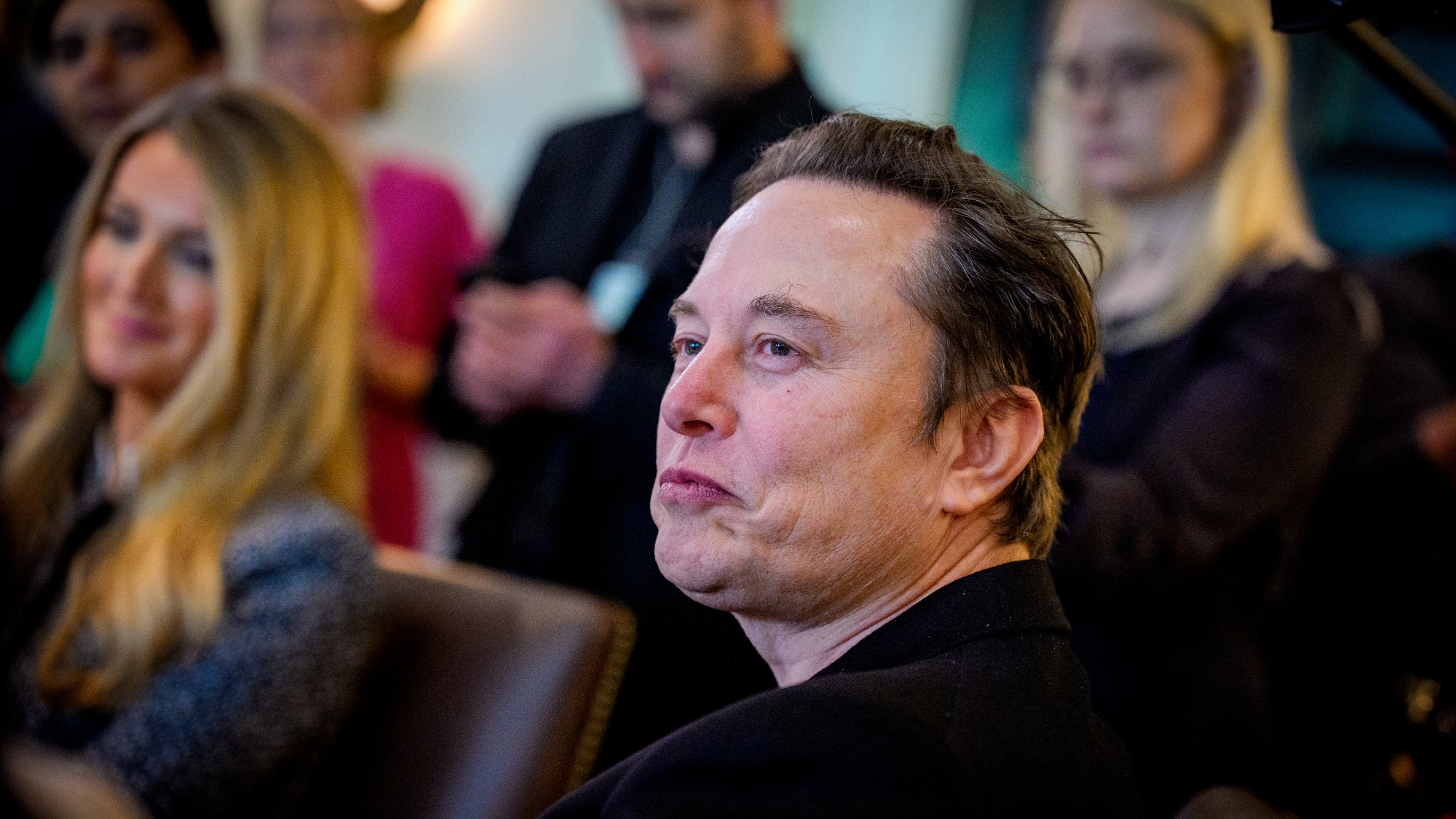 Musk wins $1 trillion Tesla pay package
Musk wins $1 trillion Tesla pay packageSpeed Read The package would expand his stake in the company to 25%
-
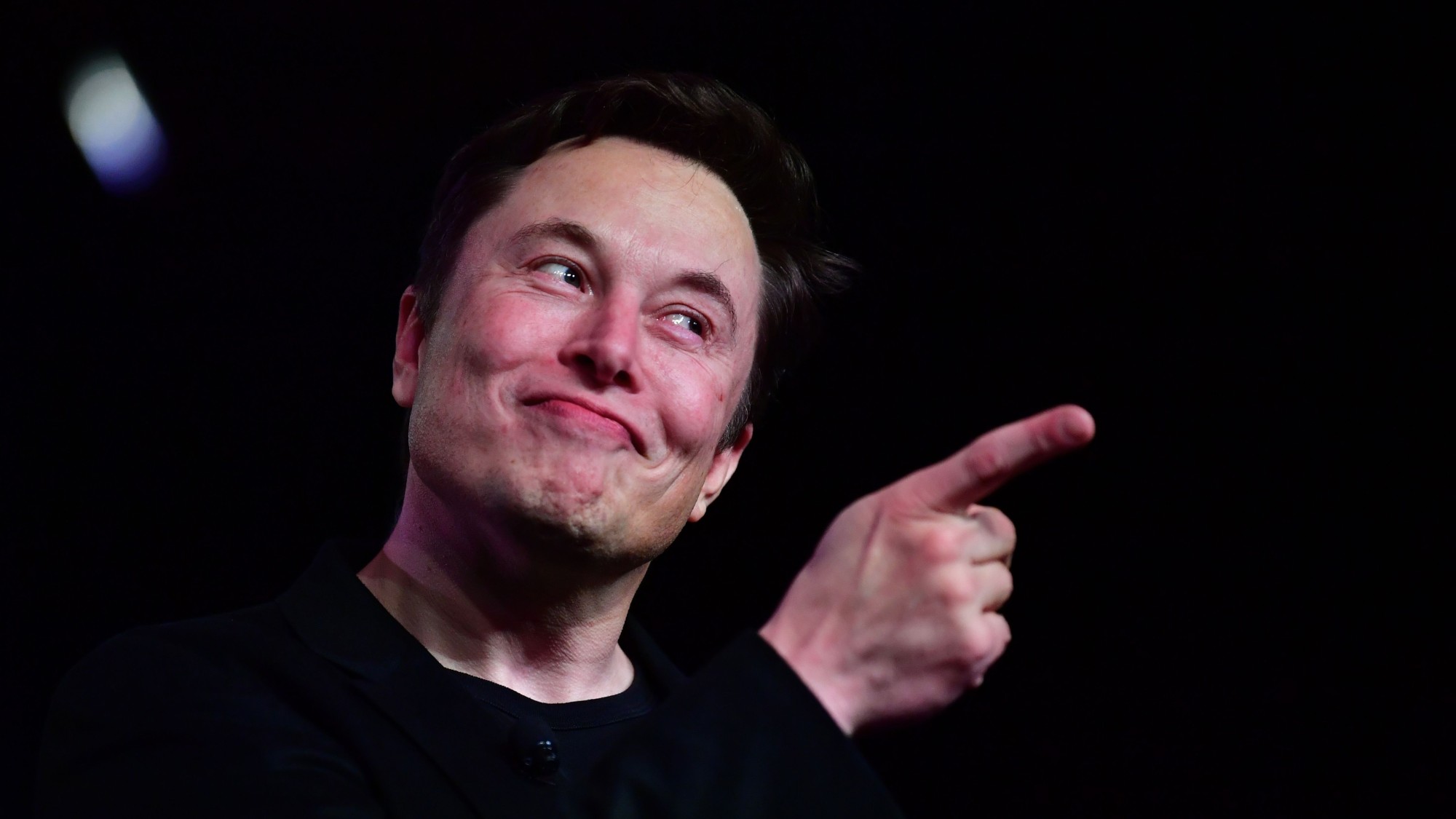 How Tesla can make Elon Musk the world’s first trillionaire
How Tesla can make Elon Musk the world’s first trillionaireIn The Spotlight The package agreed by the Tesla board outlines several key milestones over a 10-year period
-
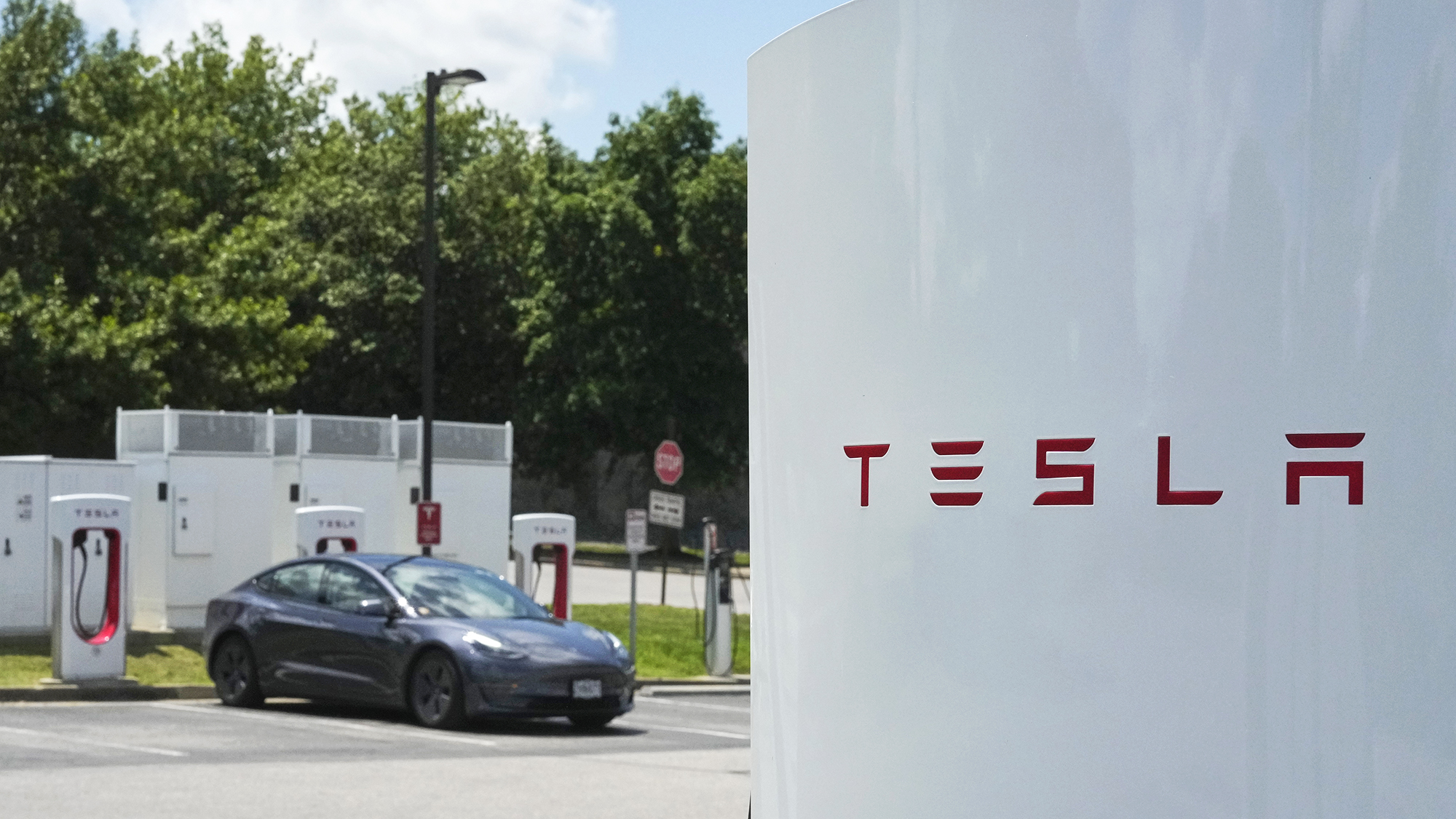 Tesla reports plummeting profits
Tesla reports plummeting profitsSpeed Read The company may soon face more problems with the expiration of federal electric vehicle tax credits
-
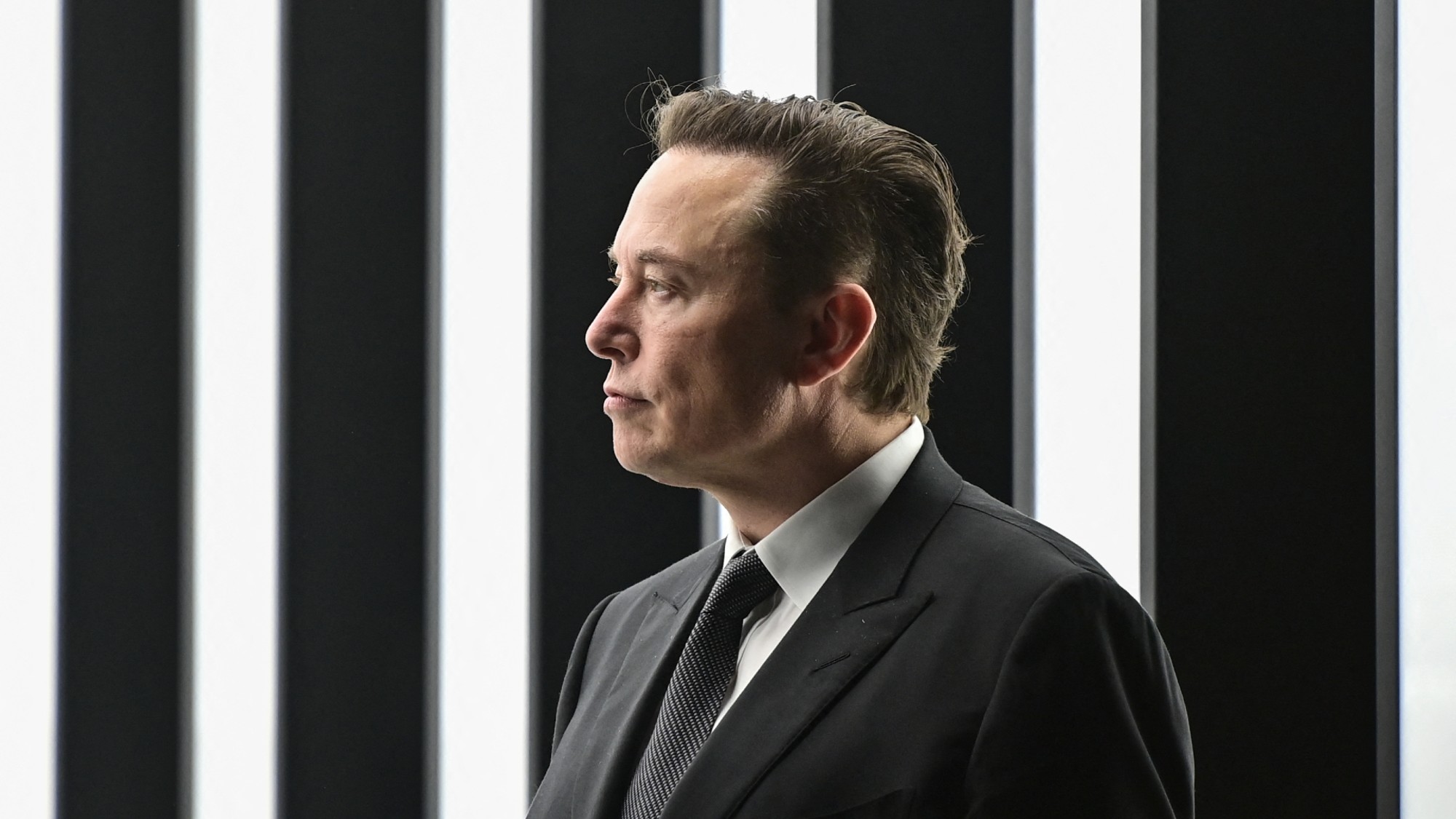 How could Tesla replace Elon Musk?
How could Tesla replace Elon Musk?Today's Big Question The company's CEO is its 'greatest asset and gravest risk'
-
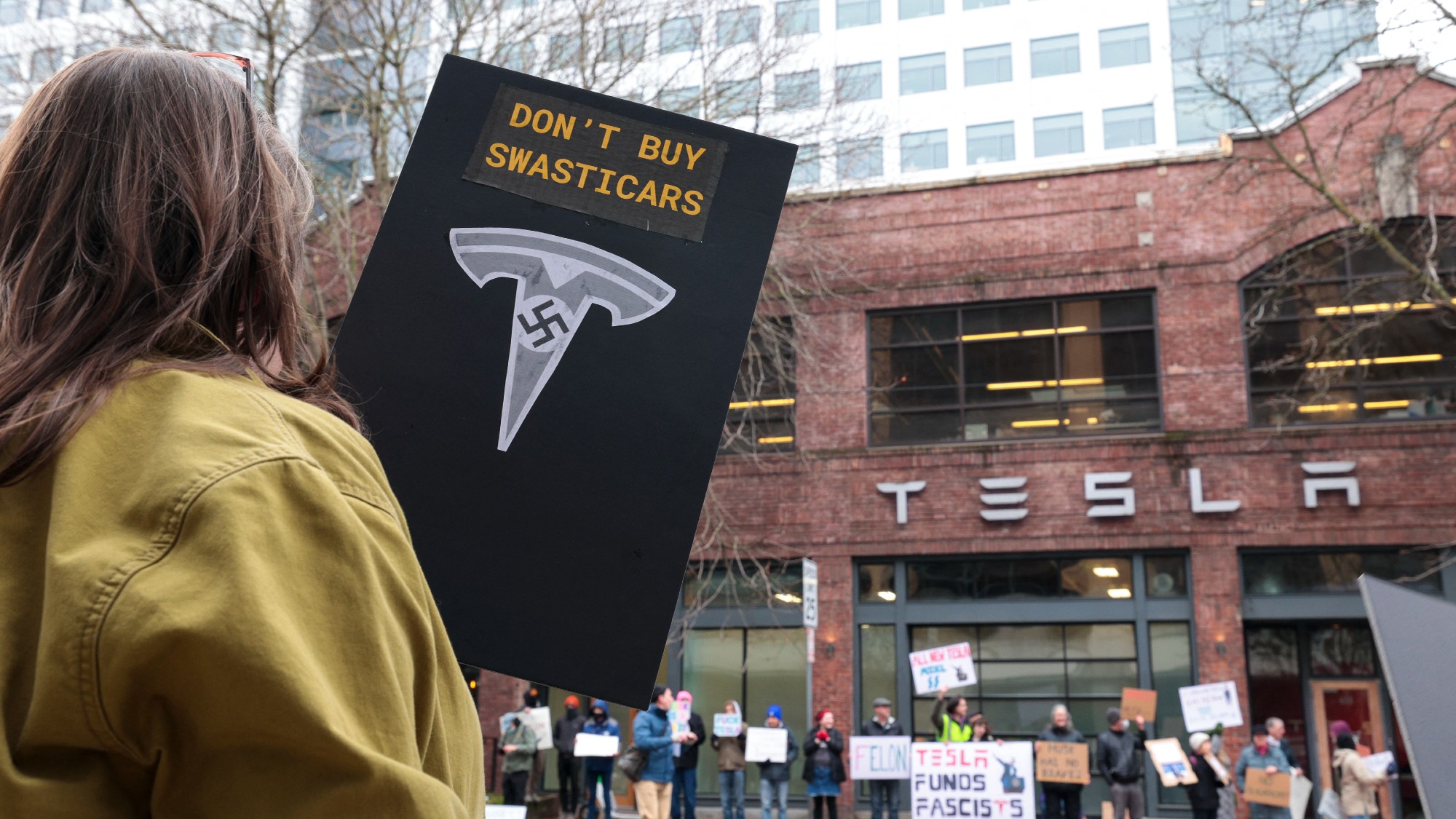 Elon Musk: has he made Tesla toxic?
Elon Musk: has he made Tesla toxic?Talking Point Musk's political antics have given him the 'reverse Midas touch' when it comes to his EV empire